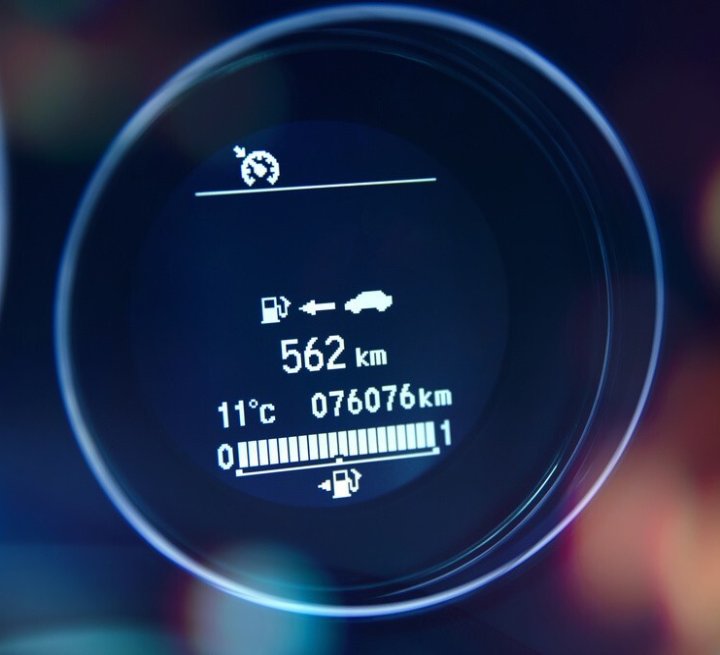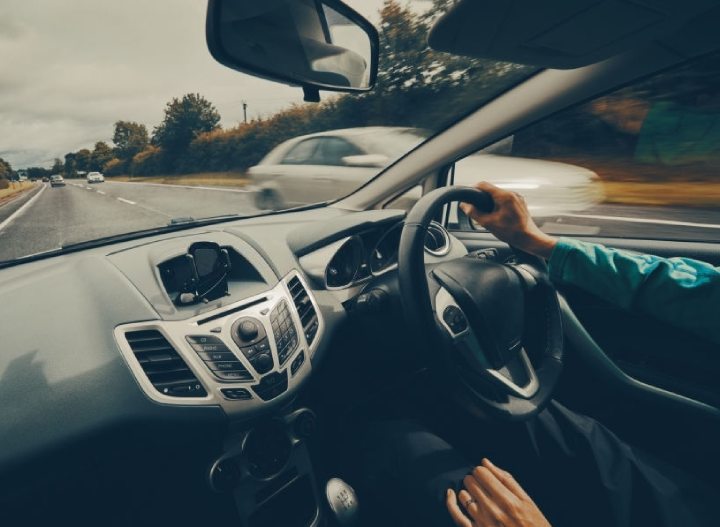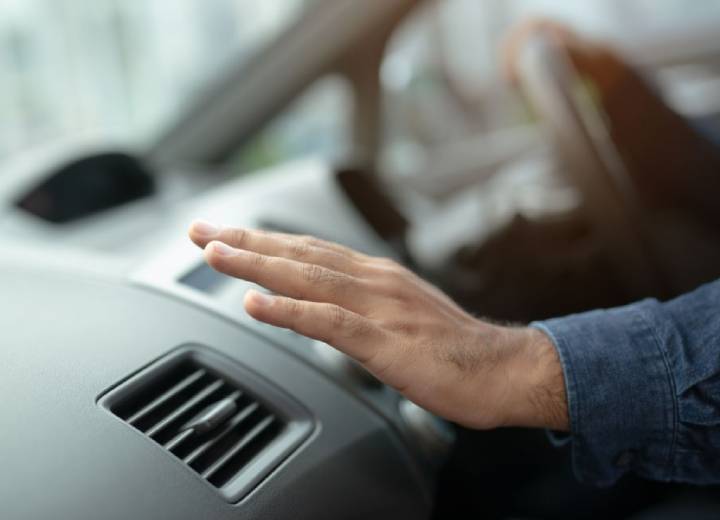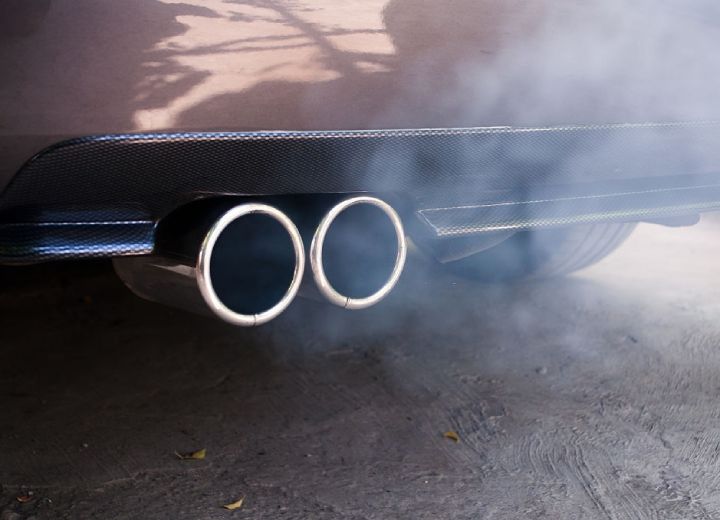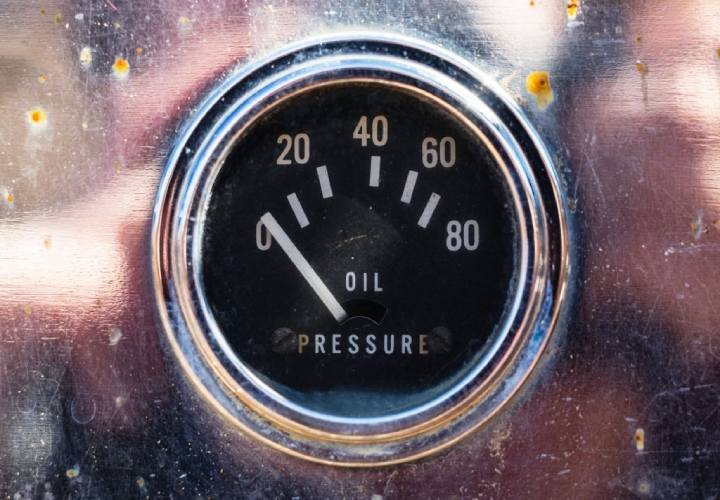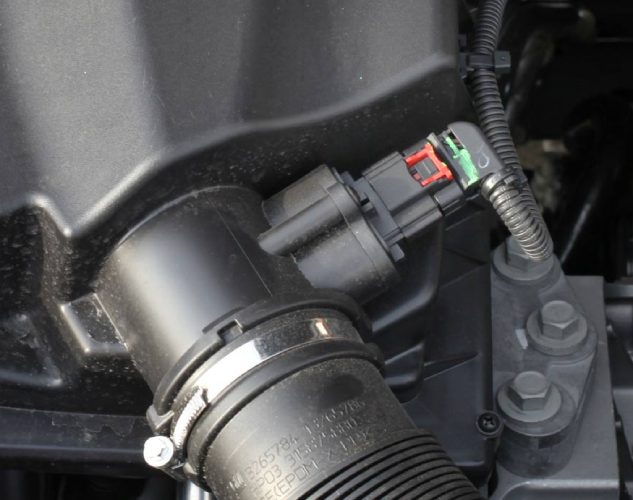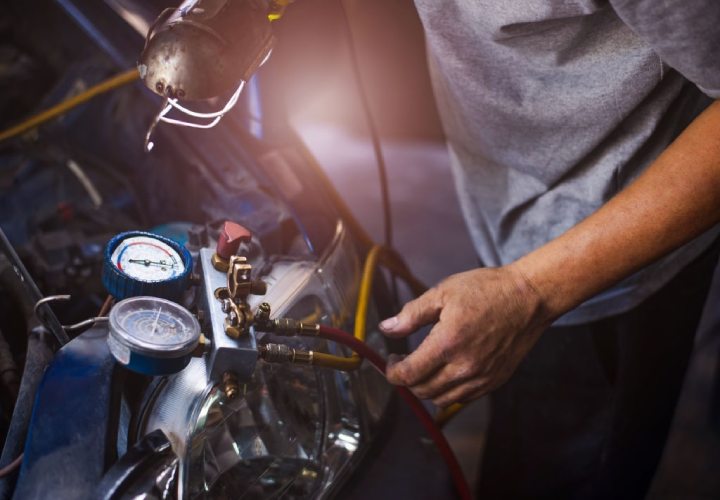One of the worst things that can happen when driving your car is your transmission to start failing. Unless you are at home, at work, or a friend’s house, a failing transmission can only mean one thing: recovery.
But what if you are in a situation where your transmission failed, but you need to drive your car for a short distance? Should you do it or wait for recovery? This article will address this topic and what is the best thing to do if your transmission gives up on you and you need to move the car.
- Here's the short answer
- What are the dangers of driving with a bad transmission?
- Does a bad transmission affect the engine?
- How long can I drive with a bad transmission?
- How does a car act when the transmission is going out?
- What happens if the transmission fails while driving?
- What should you do if the transmission fails while driving?
- What does it sound like when a transmission is going out?
- Closing thoughts
Here’s the short answer
No, you cannot drive with a bad transmission. Your car will not be able to move properly and can even break down completely. You should have your transmission checked and repaired as soon as possible by a qualified mechanic. Driving with a bad transmission can cause severe damage to your car and even void your warranty.
What are the dangers of driving with a bad transmission?
If you continue to drive with a bad transmission, it will only worsen. The transmission is responsible for sending power from the engine to the wheels, and if it’s not working correctly, your car will not be able to move correctly. The damage will only worsen the longer you drive with a bad transmission, and it can eventually lead to your car breaking down completely.

In addition to causing damage to your car, driving with a bad transmission can also void your warranty. If the damage is severe enough, you may even have to pay for the repairs yourself. So, it’s important to get your transmission checked and repaired as soon as possible if you think there may be a problem.
Related: Do Transmission Stop Leak Products Actually Work?
Does a bad transmission affect the engine?
A bad transmission can affect the engine because the engine relies on the transmission to send power to the wheels. If the transmission is not working properly, the engine will have to work harder, which can cause damage. So, it’s important to get your transmission checked and repaired as soon as possible if you think there may be a problem.
How long can I drive with a bad transmission?
You should not drive with a bad transmission for more than a few miles. The longer you drive, the greater the risk of damaging your car. If your car breaks down, you may be stranded and will have to pay for a tow truck.
The only scenario where you can still drive the car if the transmission fails is when the repair garage or your home is only a few miles away, and you go straight to it. Any other destination, and you risk getting yourself in a difficult and costly situation.
How does a car act when the transmission is going out?
There are several signs that your transmission may be going bad, and it’s important to be aware of them so you can get your car checked out by a mechanic. Some of the most common signs include:
-Slipping: If your car seems to slip out of gear or have trouble shifting gears, this is a sign that your transmission is having problems.
-Grinding: If you hear grinding noises when you shift gears, this is another sign that your transmission is going bad.
-Leaking: If you see red or brown fluid leaking from your car, this is likely transmission fluid, and it’s a sign that your transmission is leaking.
-Check Engine Light: If your check engine light is on, this could be a sign of a problem with your transmission.
If you notice any of these signs, it’s important to take your car to a mechanic as soon as possible. Waiting will only worsen, and you could be hit with a hefty repair bill.
Related content: What Are the Main Types of Automatic Transmission? Explained
What happens if the transmission fails while driving?
If your transmission fails while driving, it can be very dangerous. Your car will lose power and may even become stuck in one gear. This can cause you to lose control of your vehicle and lead to an accident. If your transmission fails, you should pull over to the side of the road and call a tow truck. Do not try to drive your car until a qualified mechanic has fixed the problem.
Therefore you must have the car checked if any of the signs that indicate transmission problems appear. Remember that preemptive maintenance is the key to a happy motor life!

What should you do if the transmission fails while driving?
If the transmission fails while driving your car, you won’t have a lot of time to take action. You should be prepared and know beforehand what course of action you should take.
Here are three vital tasks that you should do when this happens:
Turn on the hazard lights
Whenever you find yourself in an emergency while driving, it is always recommended to turn on the hazard lights, also known as emergency lights.
Pull over in a safe manner
The obvious thing to do is find a safe place and pull over. Make sure that you are not blocking any traffic, making it harder for roadside assistance to reach you.
Switch off the engine, and if safe, get out of the car and start doing a visual inspection.
Restart the car
Sometimes, restarting the car will help clear some errors, and you might be able to drive it again. However, if you manage to get the transmission working again, you must drive straight to a repair garage to have it checked.
Call for assistance
If you cannot get your car to run normally, it is time to call for roadside assistance. They will get you and your vehicle to the nearest repair garage safely.
Related content: Can ABS Sensor Cause Transmission Problems?
What does it sound like when a transmission is going out?
A failing transmission can sound in many ways, but most people associate the sound of a failing transmission with a humming, whining, or clunking. A bad manual transmission will make a clunking noise when changing gears, while the humming and whining are particular to automatic transmissions.
However, diagnosing a problem by the sound you are hearing will never be easy. A clunking noise can indicate a suspension problem while humming and whining noises can be related to the engine.
Closing thoughts
As with every mechanical part of your car, transmissions can fail due to poor maintenance. A failing transmission will often show signs well before reaching a critical point. The closer attention you pay to how your car is behaving, the fewer chances to break down on the road.
Being such an essential part of the car, driving with a bad transmission is never a good idea. This will only make things worse and more costly to repair.
Related content: What Should I Do If Gear Shifter Moves but Doesn’t Change Gears?
Every since I was a little boy, I can remember spending the afternoons in my dad’s repair shop. I got my first car at 16 and it was the best feeling ever!
I have contributed to various automotive publications but decided it’s finally time to settle for something constant.

